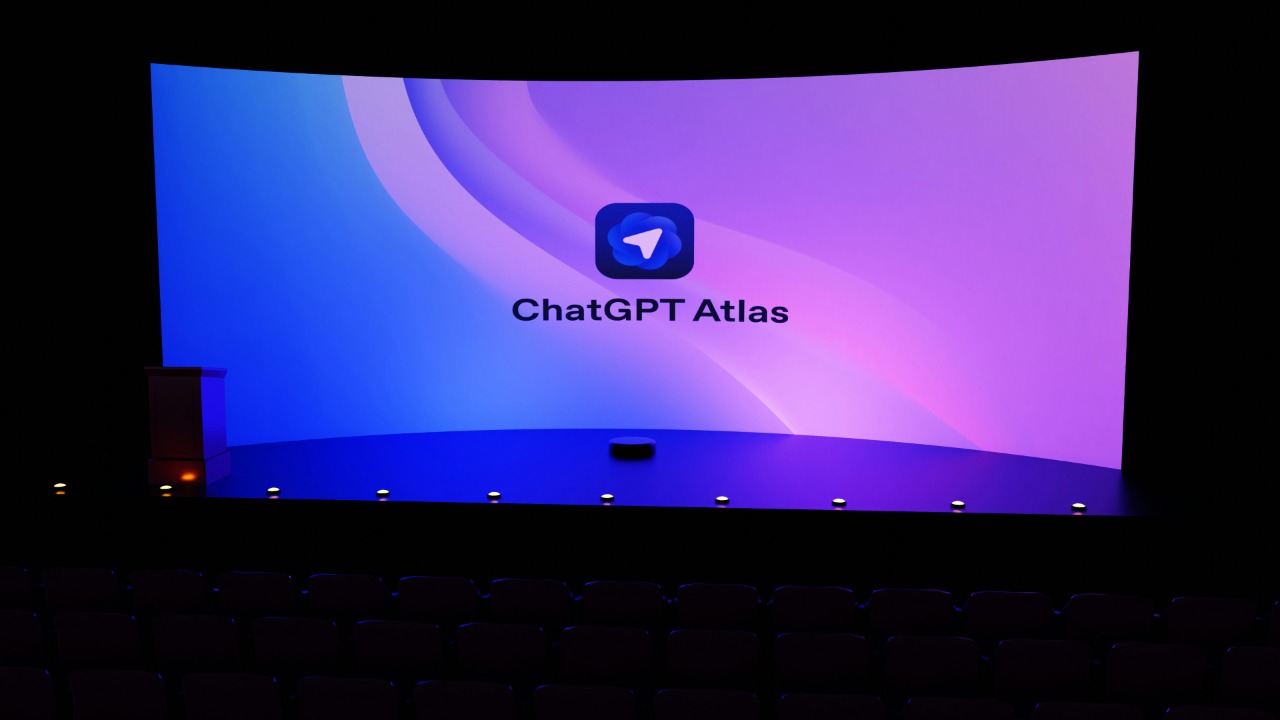
OpenAI’s recent launch of its AI-powered browser, ChatGPT Atlas, has stirred up the digital world. The browser, which debuted on October 21, 2025, is already making waves as a direct competitor to Google Chrome. Its unique blend of intuitive capabilities and comprehensive memory retention has led to it being hailed as the smartest, yet arguably the creepiest, tool in the evolving agent-driven web landscape.
Launch Announcement and Initial Buzz
OpenAI officially unveiled its AI-powered browser, ChatGPT Atlas, on October 21, 2025. The browser integrates ChatGPT technologies, enhancing the browsing experience beyond what traditional browsers offer. The Verge was quick to position Atlas as a game-changer, ready to challenge established players like Google Chrome with its agent-based features.
The rapid rollout and download availability sparked global interest within the first day of launch. The immediate media coverage and user curiosity set the stage for Atlas to make its mark in the browser market.
Core Features: Intelligence and Memory
One of the standout features of ChatGPT Atlas is its ability to remember everything from user sessions. This enables seamless context retention across browsing activities, a feature highlighted in The Neuron Daily’s analysis on October 22, 2025.
The AI-driven smarts of Atlas, such as proactive task handling and predictive suggestions, make it stand out as the smartest browser option. Memory-based functionalities, like personalized history recall without manual searches, add to the browser’s appeal and efficiency.
Early User Experiences and Surprises
Just 24 hours after its launch, OpenAI’s ChatGPT Atlas browser was already surprising users with its efficiency in daily web navigation. Digital Trends reported on October 22, 2025, that the browser’s adaptive learning from user habits enhanced productivity, although it did raise some initial usability questions.
Specific user anecdotes highlighted how Atlas outperforms traditional browsers in real-time assistance scenarios, further cementing its position as a revolutionary tool in the browser market.
Competition with Google Chrome
OpenAI’s ChatGPT Atlas is seen as a direct rival to Google Chrome. Its AI agents challenge Chrome’s dominance in the browser market, as noted in The Verge’s coverage on October 21, 2025.
Key differentiators, such as Atlas’s built-in ChatGPT integration versus Chrome’s extensions ecosystem, set it apart. The market is likely to see shifts as Atlas aims to capture users seeking AI-native browsing experiences.
Hot Tech Takes and Community Reactions
By October 23, 2025, the tech community was buzzing with diverse opinions on Atlas. Hacker Noon compiled 33 hot tech takes, covering everything from its revolutionary potential to skeptical views on overhyped AI promises.
Reactions from tech communities were mixed, with some praising Atlas’s role in future web standards, while others questioned its impact. These diverse views reflect the transformative potential of Atlas and the debates it has sparked in the tech world.
The Creepy Side: Privacy and Ethical Concerns
Despite its impressive features, ChatGPT Atlas has been dubbed the creepiest browser yet. This is largely due to its comprehensive memory of user data, a topic explored in Geeky Gadgets’ commentary on November 11, 2025.
The ethical implications of always-on AI tracking, including risks of data overreach and surveillance-like behaviors, have raised concerns. Calls for transparency in how Atlas handles personal information across browsing sessions are growing, highlighting the need for OpenAI to address these issues as it continues to develop and refine Atlas.
More from MorningOverview